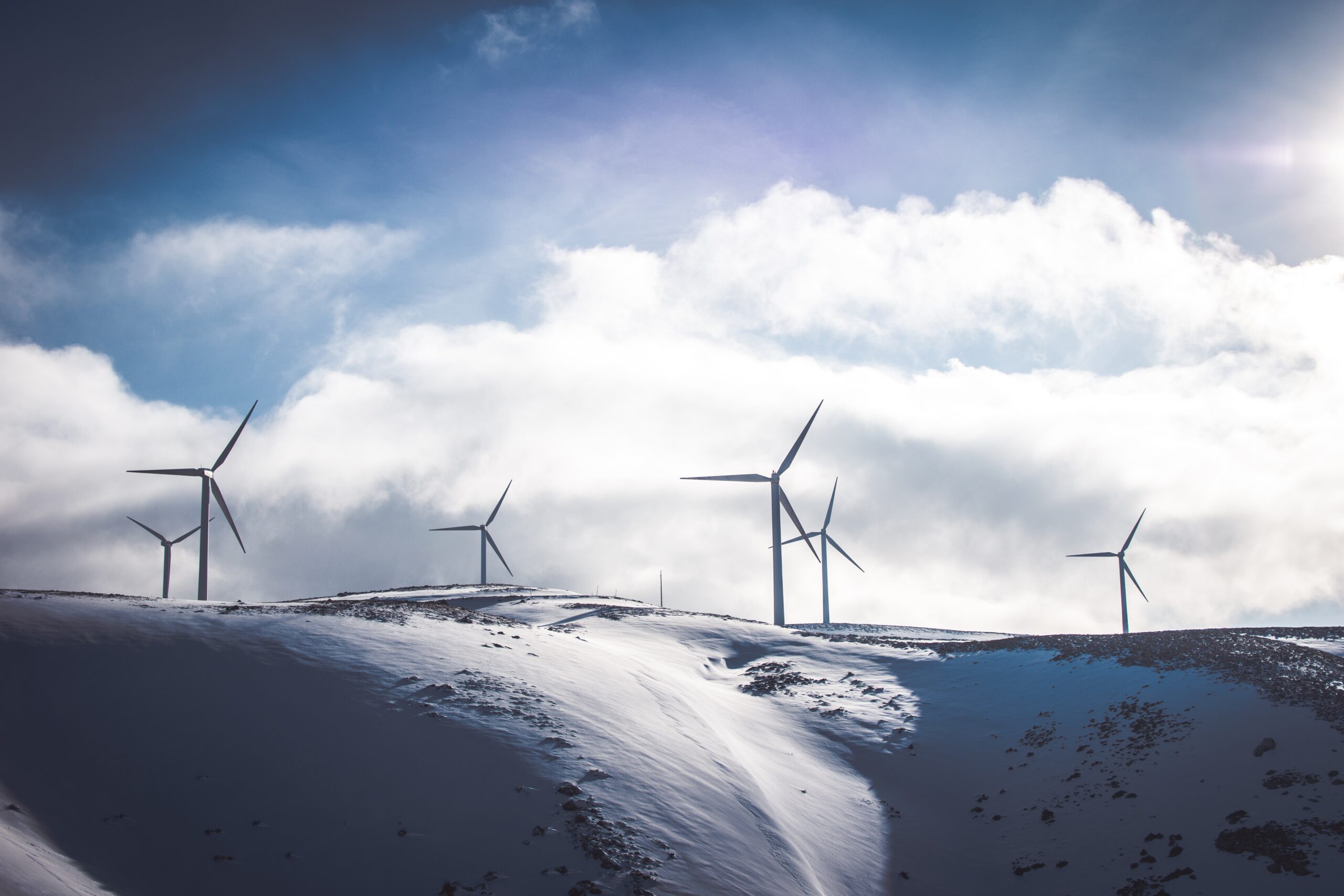Fuel Suppliers
Petroleum & Natural Gas
Natural Gas Suppliers
Electricity Suppliers
Greenhouse Gases
Oregon’s Greenhouse Gas Reporting Program requires the reporting of greenhouse gas (GHG) emissions data and related information from major sources including large stationary sources and liquid fuel, natural gas, propane, and electricity suppliers. In Lane County, this data is reported to LRAPA, who audits it for accuracy. Then LRAPA provides the GHG data the Oregon Department of Environmental Quality (DEQ) to use in the statewide GHG inventory. Data and information received is reported, audited, and published annually. Starting in 2022, information submitted from certain large emitters requires third-party verification.
Reported emissions data is made available to the public and can be viewed on the DEQ’s Reported Data webpage. This information is also used to develop the statewide greenhouse gas inventory, support emission reduction programs and to inform policy decisions and program analysis.
Below are reporting requirements, and deadlines for each source category.

Air Quality Permit Holders
Sources that hold an Air Contaminant Discharge Permit (ACDP) or Title V operating permit in Lane County are required to report greenhouse gas emissions to LRAPA if the source emits equal to or greater than 2,500 metric tons of carbon dioxide equivalent (MTCO2e) during the calendar year.
Fuel Suppliers & Producers
Fuel suppliers and In-State Producers must report the greenhouse gas emissions resulting from the complete combustion of all fuels they supply for use in Oregon. While the Oregon greenhouse gas reporting rules apply to all Oregon licensed fuel sellers and dealers as well as any person that distributes more than 5,500 gallons of certain tax-exempt fuels (or 10,500 gallons of propane) the annual reporting obligation is limited to certain entities operating within the fuel distribution system.
Reporting requirements apply specifically to distributors that own and disburse fuel from Oregon terminal storage facilities, referred to as position holders, companies that produce fuel in-state and supply it for use in Oregon and certain distributors that import fuel from out of state.
Petroleum and Natural Gas Systems
Starting with the reporting of 2020 emissions in 2021 owners of petroleum and natural gas systems must report greenhouse gas emissions resulting from the operation of this infrastructure within Oregon if the emissions meet or exceed 2,500 metric tons CO2e per year.
This requirement applies to anyone that owns or operates a facility physically located in Oregon that contains petroleum and natural gas systems industry segments listed in 40 C.F.R. 98.230 (a)(1) through (10). This includes onshore petroleum and natural gas production, offshore petroleum and natural gas production, onshore natural gas processing, natural gas transmission compression, underground natural gas storage, liquefied natural gas storage and LNG import and export.
Natural Gas Suppliers
Natural gas suppliers and in-state producers must report the greenhouse gas emissions resulting from the complete combustion of all natural gas, compressed natural gas, or liquefied natural gas they supply to and within Oregon, as prescribed by OAR 340-215-0115.

Electricity Suppliers
Electricity suppliers that import, sell, allocate, or distribute electricity to end users in Oregon must report the greenhouse gas emissions and information related to the generation of electricity distributed to end users in this state, regardless of whether the electricity was imported or generated in Oregon, as prescribed in OAR 340-215.
Reporting requirements are specific to electricity supplier type, which include investor-owned utilities, electricity service suppliers, and consumer-owned utilities. There are additional requirements for multi-jurisdictional utilities, asset-controlling suppliers, and third parties who report on behalf of consumer-owned utilities.

